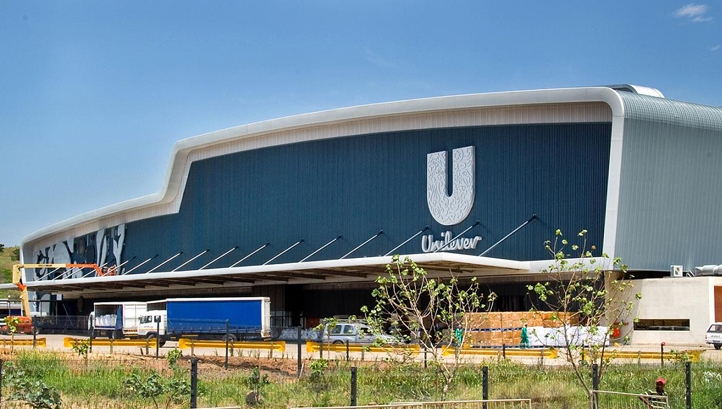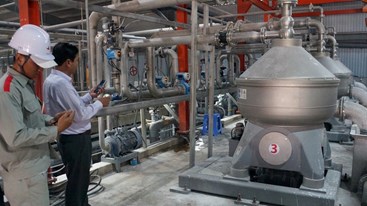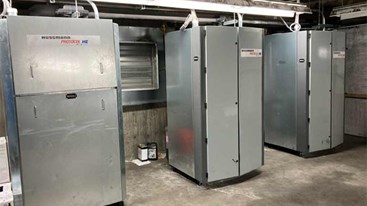Thursday, 05/02/2026 | 01:06 GMT+7
Unilever has today revealed that more than 600 of its sites across 70 countries have achieved zero waste to landfill status, after the company identified alternate routes for non-hazardous waste streams in its operations.

The consumer goods firm – recognised as one of the most sustainable businesses on the planet – has achieved what it calls a ‘new industry-leading achievement’ by implementing the four ‘R’ approach of reducing, reusing, recovering or recycling across factories, warehouses, distribution centres and offices.
Unilever’s chief supply chain officer Pier Luigi Sigismondi said: “The global challenge of a growing population relying on limited resources is very real. Our zero waste goal underpins Unilever’s sustainable growth ambitions, as well as our commitment to become resource resilient and tackle climate change.”
“While I am proud of what our employees and partners have achieved across our manufacturing operations and the wider business, there is a lot more to be done to inspire a wide-scale movement.
The company has increased efforts to convert factory waste into building materials and compost food waste from staff cafeterias to help reach this target.
Building on from the 240 factories that had achieved zero waste to landfill in January 2015, Unilever has seen nearly 400 extra sites reach that target. The company’s ultimate aim is to achieve zero waste across the value chain.
Unilever estimate that eliminating waste from these 600 sites has contributed to cost-benefits of €200million and created hundreds of jobs.
In order to induct this ethos into other organisations and supply chains, Unilever also announced a new collaboration with value-chain platform 2degrees.
The partnership – which goes live later this year – aims to bring companies together to leverage the zero waste model.
Sigismondi added: “It is time to accelerate efforts to move towards a zero waste world and our new collaboration with 2degrees will allow us to share lessons and experiences, and to encourage other businesses and industries to take up the zero waste challenge. By building a network of partners and working together, we can eliminate waste on an unprecedented scale across the globe.”
Long-term positivity
Speaking exclusively to edie, Sigismondi stated that a "lack of focus and understanding" and short-termism was holding back the global transition to a more sustainable economy.
The Dutch firm has also announced a new goal to be carbon positive across its operations by 2030. It aims to reach this target by eliminating coal from its energy mix and sourcing all grid electricity from renewable sources.
Edie.net








 Energy Efficiency and Conservation: Technology as the “Key”
Energy Efficiency and Conservation: Technology as the “Key”
 Opening of the 2025 Energy-Efficient Equipment and Green Transition Exhibition Fair
Opening of the 2025 Energy-Efficient Equipment and Green Transition Exhibition Fair
 Energy-saving solutions and green transition promotion
Energy-saving solutions and green transition promotion
 Consultation on the methodology for developing and updating energy consumption standards for four major industrial sectors
Consultation on the methodology for developing and updating energy consumption standards for four major industrial sectors
 Develop sales and marketing strategies for energy efficiency equipment and solution suppliers
Develop sales and marketing strategies for energy efficiency equipment and solution suppliers
 The 9th VEPG Steering Committee Meeting: Strengthening Coordination for Viet Nam’s Just Energy Transition
The 9th VEPG Steering Committee Meeting: Strengthening Coordination for Viet Nam’s Just Energy Transition